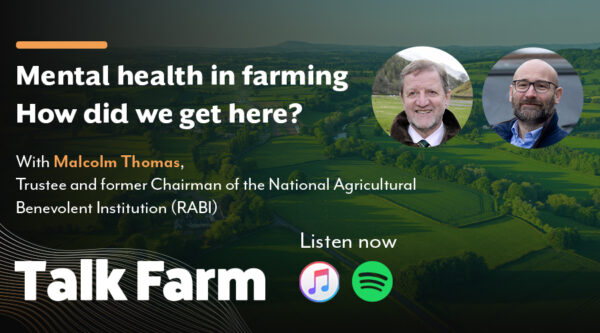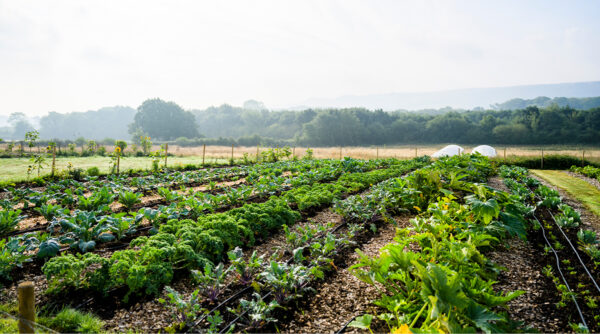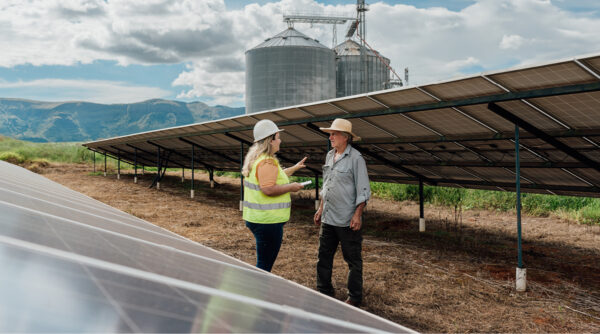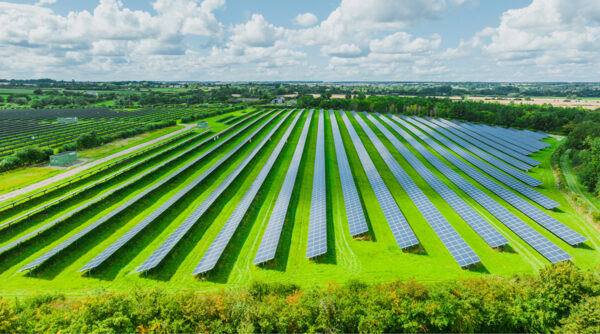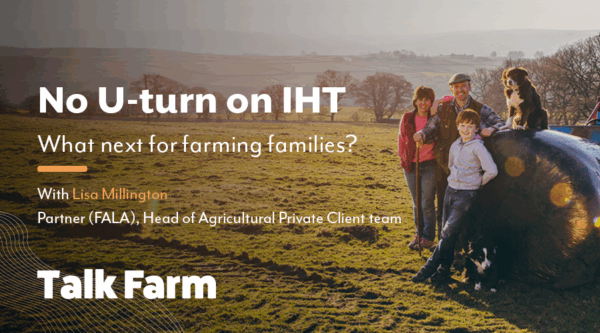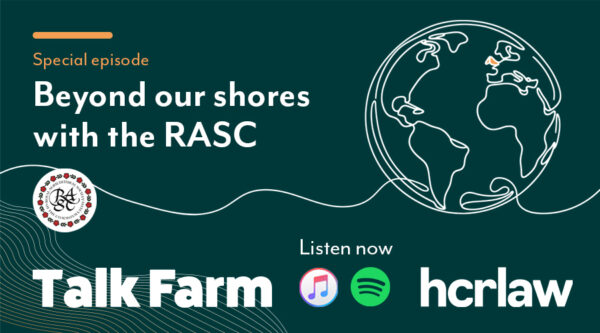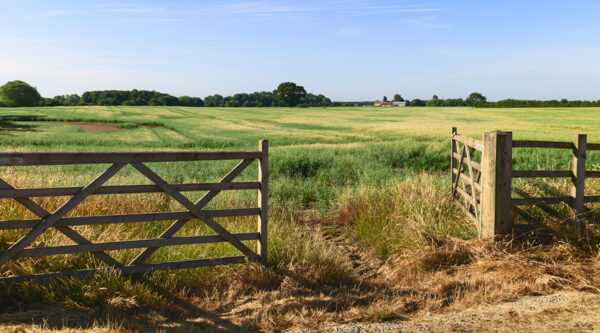

Following the budget on 30 October 2024, it is unsurprising that subsequent public debate has been focused upon the changes in inheritance tax relief for landowners. However, the announcement that there will be accelerated cuts to delinked payments – payments which are not connected to the amount of land a landowner has – from 2025 will have an immediate financial impact on many rural businesses and will affect larger landowners the most.
In recent years, government support for farming has started to move away from “untargeted” direct payments to landowners and is being replaced by new support primarily aimed at sustainable farming practices.
Payments will no longer be made to landowners simply for owning land, instead they can seek support by entering into environmental land management schemes (“ELMs”) such as the Sustainable Farming Incentive (“SFI”).
As a result, the Basic Payment Scheme ended in 2023. Qualifying landowners can still seek limited direct payment support under delinked payments which are to run until the end of 2027. However, it was known from the outset that these payments would be made subject to progressive annual reductions.
The announcement that the reductions in delinked payments will be accelerated will be further unwelcome news for landowners. The justification given by the government is that the money is required to fund the SFI. Significant reductions will be applied in 2025. Any amount up to £30,000 will be reduced by 76% and anything exceeding £30,000 will be reduced to nil.
In practice, this means that the maximum delinked payment amount which can be received in 2025 is £7,200, a sizeable reduction which many landowners will not have anticipated nor budgeted for.
What does this mean for landowners?
Defra’s overall budget has not been cut and it is intended that £1.8bn will spent on ELMs in 2025/26. Landowners looking to replace lost delinked payment income may wish to consider entering their land into schemes such as SFI or Countryside Stewardship Higher Tier (“CSHT”), if they have not already done so.
Both of these schemes offer payments to landowners in return for carrying out agreed actions. SFI pays for sustainable farming and land management actions that protect and benefit the environment, support food production or improve productivity. CSHT pays farmers and land managers to manage land in a way that protects, restores or enhances the environment or which mitigates against the effects of climate change.
